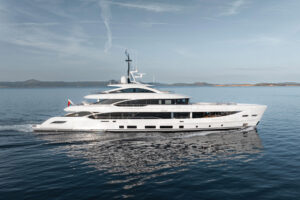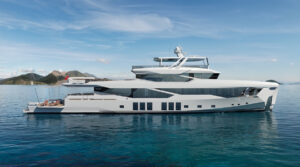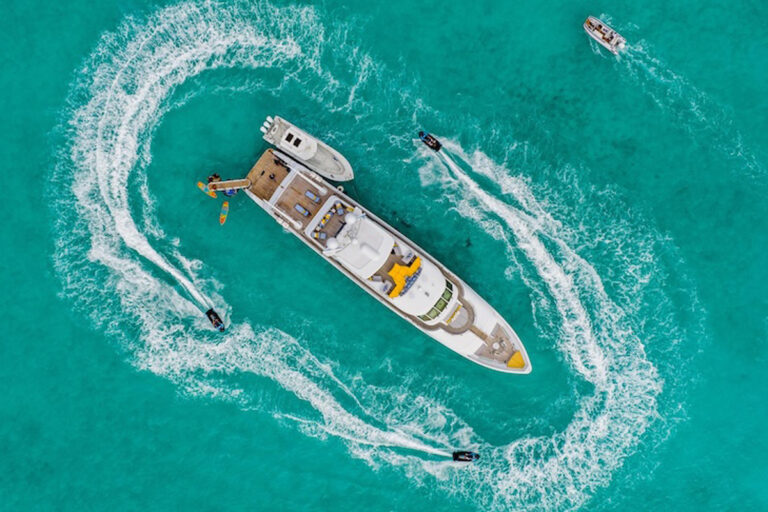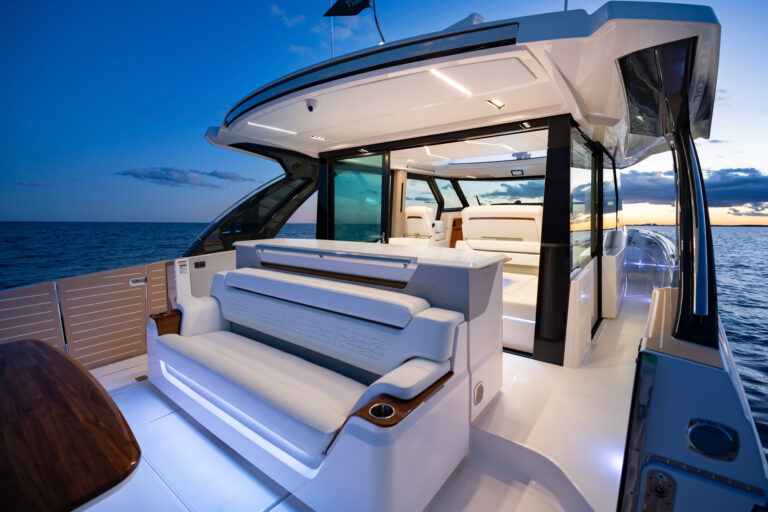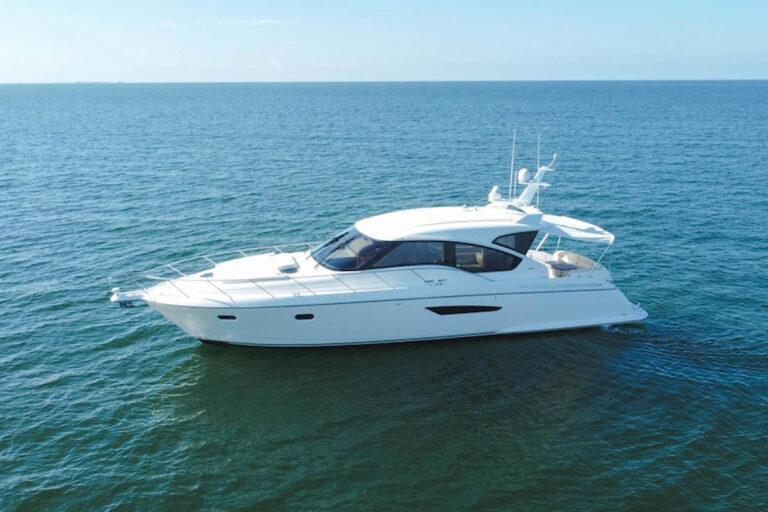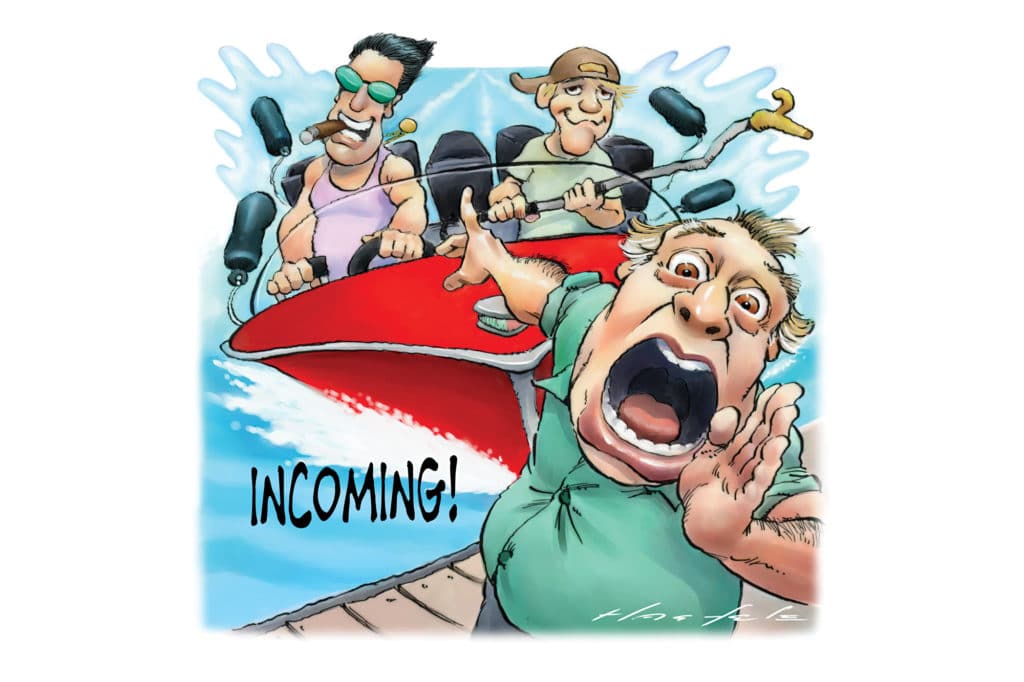
How could a single container ship constipate consumerism?” a professional skipper pal of mine waiting on spare parts groused. He was referring to the ship that got lodged in the Suez Canal for six days last year. I explained that the ship had been going twice the posted speed limit.
“Sounds like boaters these days; their solution to everything is horsepower,” he grumbled. “They’d have been better off if they’d just turned off the engine.”
I agree. The results of bad judgment or inexperience are almost always amplified with speed. The amount of dockside mayhem that a formerly landlocked, retired couple armed with a trawler and a single diesel can cause is impressive, but it pales in comparison to a newly minted, testosterone-fueled enthusiast who considers pleasure boating a motorsport. Before the recent boating boom and the focus on big and fast, it was easier to spot trouble and defend yourself.
A dockmaster at a marina where I once interned would walk around shouting, “Incoming!” whenever a ham-handed skipper approached. Such vessels usually had a collection of exhausted fenders dangling from scuffed and scarred rub rails, and a skipper barking commands at a mate armed with a frayed dock line and a bent boat hook. The common approach was to charge the slip like a bull and then pump the throttle to regain control. The vessel would snort black smoke and lurch fore and aft until nervous neighbors lassoed it.
On the waterway, the inexperienced were usually wafting across the channel diagonally from marker to marker. These skippers often ignored attempts to communicate one’s intentions by radio or signal. The overtaking or “burdened” vessel should request to do so: “Skipper, I’d like to pass you on your port side. If you reduce speed, I can minimize my wake.” Typically, the only response would be the finger signal as I passed by.
Read More from Jay Coyle: Tell Tales
Experienced skippers who ventured to sea understood that inlets could be dangerous and deserved understanding and respect. Safe passage requires knowledge of the tides and unique features, such as shifting bars and currents. Sometimes it’s necessary to just say no and wait out the weather. I’ve made the right call more often than not, as my crew never lets me forget the nots. These days, inlets in South Florida are often crowded with thrill-seekers tempting Darwin’s theory.
Survival of the fittest? Perhaps. My captain pal likes to say, “If you’re gonna be stupid, you better be tough.” But even pros can make a bad call. In the case of the container ship, increasing speed to improve steerage seems a reasonable response. However, it is likely doing so also caused low pressure to form between the hullsides and the narrow channel, essentially sucking the vessel to the bank.
My pal and I have been driving boats for more than 50 years, but we’re still willing to learn.
Until you do, he has advice: “If you don’t know what you’re doing, do it slowly.”


